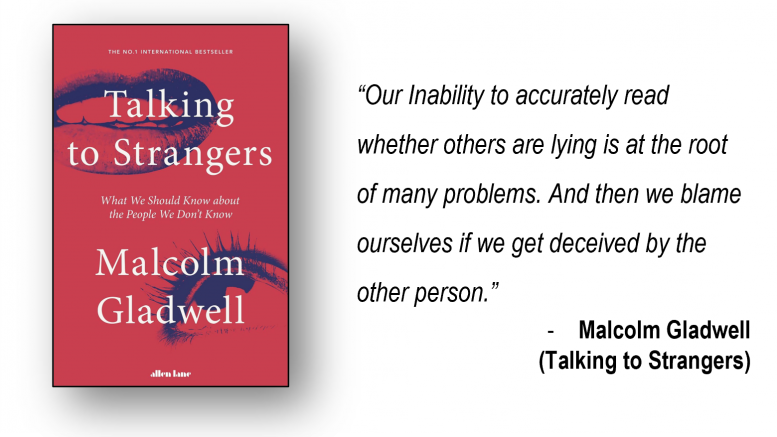I am happy to come back with my second book review after reading ‘Being the boss’. Talking to new people is a challenge for many of us because it is seen as an ‘out of comfort zone’ transaction. Talking to someone you don’t know is uncharted territory. Compared with talking to your partner, your best friend, or your mom, the unknowns make it challenging and potentially intimidating. This book throws some interesting insights to leaders and professionals around finding that ‘sweet spot’ of dealing with strangers and making new connections.
As PR professionals, we are in the business of building and nurturing relationship capital in multiple constituencies. Relationship capital is a result of an effective communication technique between 2 individuals or a group of them. There is a certain paradox about human communication which is extremely important and highly under-recognised. There is a price we pay for effective, powerful way of communicating with people around us and the book illustrates this well in the book with compelling stories. This is a behavioural science book about strangers, how to talk to them, more importantly how to understand and read them. At one point, author opines that it is extremely difficult for us as human beings to make the leap to believe that the person we are in contact with is deceptive. As human beings, we have a default issue to trust another person.
My three key takeaways from this book resonates with three different situations I face at work –
Mismatched minds: There are certain kind of people with whom we have trouble most of the times and these are people whose facial expressions and body language does not match their emotional states. This happens a lot when we try to understand before engaging with the people. We encounter these mismatched personalities particularly in job interviews – where the interviewer judges the candidate on biases that are irrelevant to do a job. We have to measure a candidate beyond one face to face meeting – because there is no correlation between the expectations of a new hire at the point of hiring versus their actual performance.
The bottom line – Do proper due diligence of the stranger you are going to work with.
Trusting engines: One of the principal arguments in this book is about doubting and trusting people. It is possible to have doubts about someone and still believe them. So doubt eventually becomes a companion of belief and not enemy. In a person, it is important we start observing small things that might raise small doubts and you keep dismissing them. As human beings, by default we are trusting engines. If you’re a trusting person, you can do a million things that no one else can do. You could have warm and supportive relationships. The same principle applies at workplace – Whether you are leading a team or chasing a goal, trust between team members, peers and bosses becomes a critical ingredient.
The bottom line – Trust the stranger by default
Spotting liars – Gladwell states that human beings are terrible in detecting liars. As a race, we have evolved to be believers. When we are deceived, it’s not because we’re doing something wrong as human beings, it’s because we’re doing something right. So is there a solution here? There is no quick fix. We have to be far more humble and cautious in how we make sense of others. We have to be willing to postpone drawing conclusions about those we meet in the understanding that, in all likelihood, those conclusions may be false.
The bottom line: Do not regret if you get deceived.
The book, released in 2019, interestingly looks at behavioural science of understanding human beings through some interesting crime case studies – be it the child abuse scandal involving Penn State assistant football coach Jerry Sandusky, the trial of Amanda Knox, the suicide of Sylvia Plath, the deceptions of financier Bernie Madoff. Some of the illustrations helps to better understand and accurately judge the people you don’t know while staying patient and tolerant. The book is a must read for leaders who are time-crunched and needs to make quick judgement about a person’s character or behaviour.
The views and opinions published here belong to the author and do not necessarily reflect the views and opinions of the publisher.



Be the first to comment on "Talking to Strangers: What We Should Know about the People We Don’t Know"